Your cart is currently empty!
Tag: SustainablePractices

The cannabis industry is increasingly adopting sustainable practices, with organic cultivation at its core. This approach not only supports environmental health but also enhances cannabis quality and therapeutic benefits. The blog highlights best practices such as the use of natural fertilizers and compost to boost soil fertility and sustainable pest control methods like Integrated Pest…

Cannabis cultivation holds significant potential for soil conservation, yet it is largely overlooked in sustainable agriculture. Known for its deep root systems, cannabis improves soil structure, aerates the soil, and enhances nutrient retention. Techniques like companion planting and using natural fertilizers contribute to pest control and enrich soil health. As a cover crop, cannabis can…
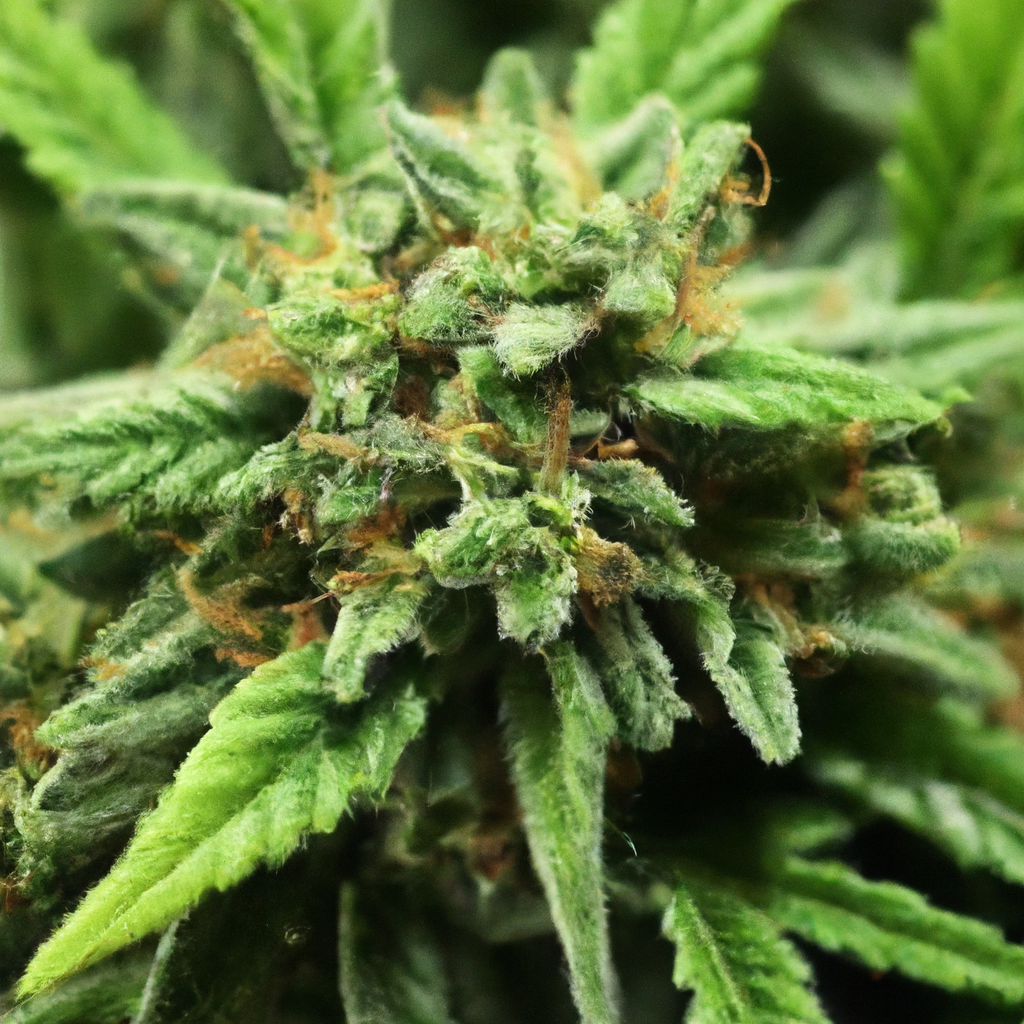
Achieving the perfect nutrient balance is essential for cannabis plant health and yield. This guide outlines the importance of primary nutrients like nitrogen, phosphorus, and potassium, alongside secondary and micronutrients. It offers solutions to common challenges such as nutrient deficiencies and toxicity, and provides a step-by-step guide for balanced feeding. By mastering nutrient management and…
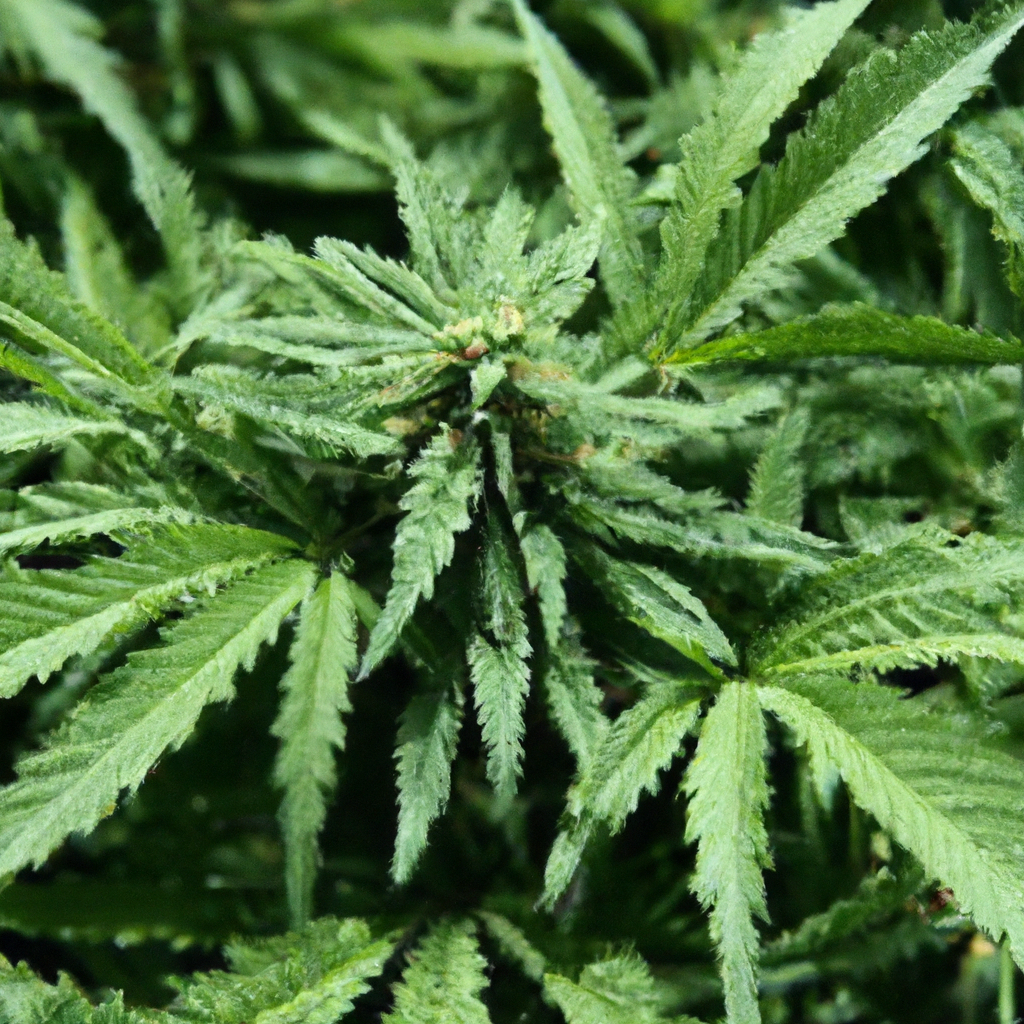
As the cannabis industry embraces eco-friendly practices, organic cultivation emerges as a key approach, promising better products and environmental sustainability. This article explores organic methods emphasizing healthy soil ecosystems through composting and natural amendments, using natural fertilizers like fish emulsions and chicken manure, and eco-friendly pest control through companion planting and beneficial insects. It also…
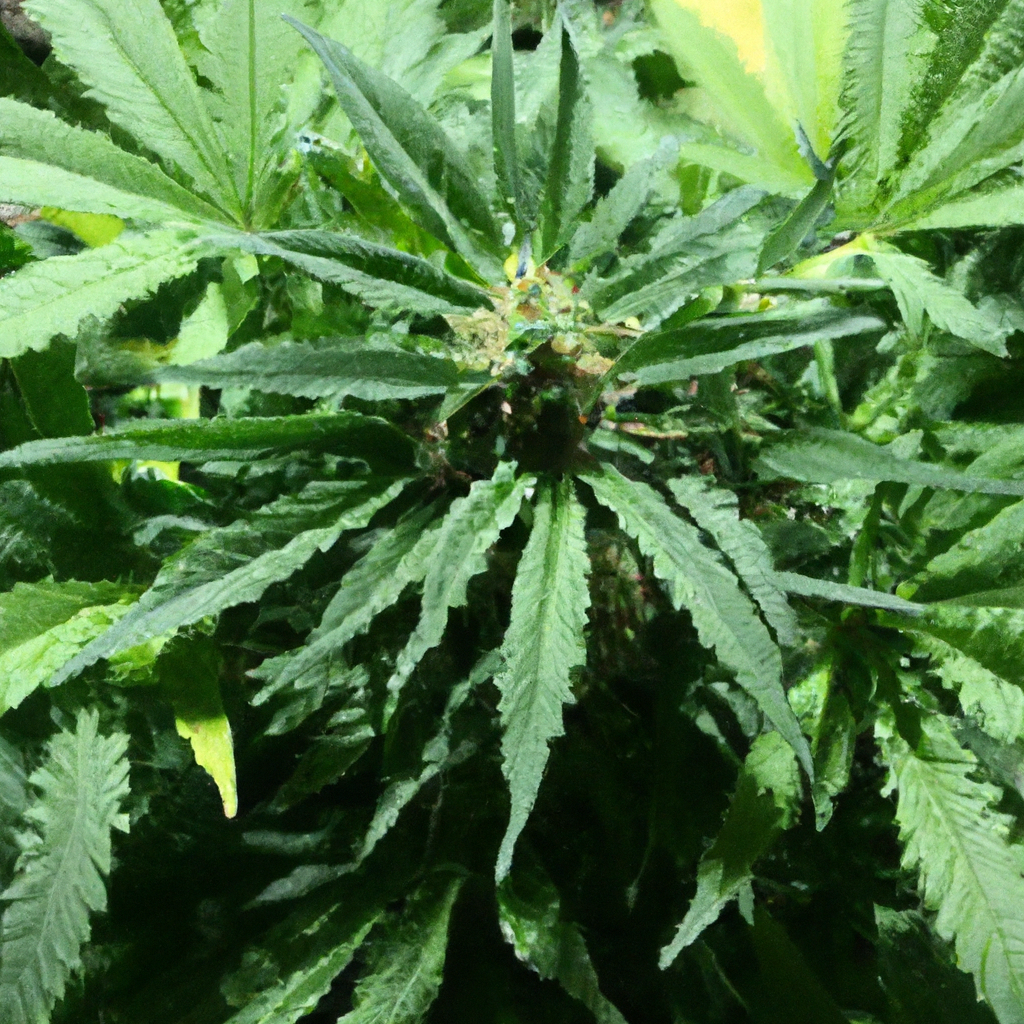
The demand for organic cannabis is growing as consumers recognize the environmental and health benefits of natural cultivation. Embracing organic practices enhances plant flavor and potency while promoting ecological balance. Key strategies include building robust soil ecosystems using compost and mulch, opting for natural fertilizers like worm castings and bone meal, and applying eco-friendly pest…
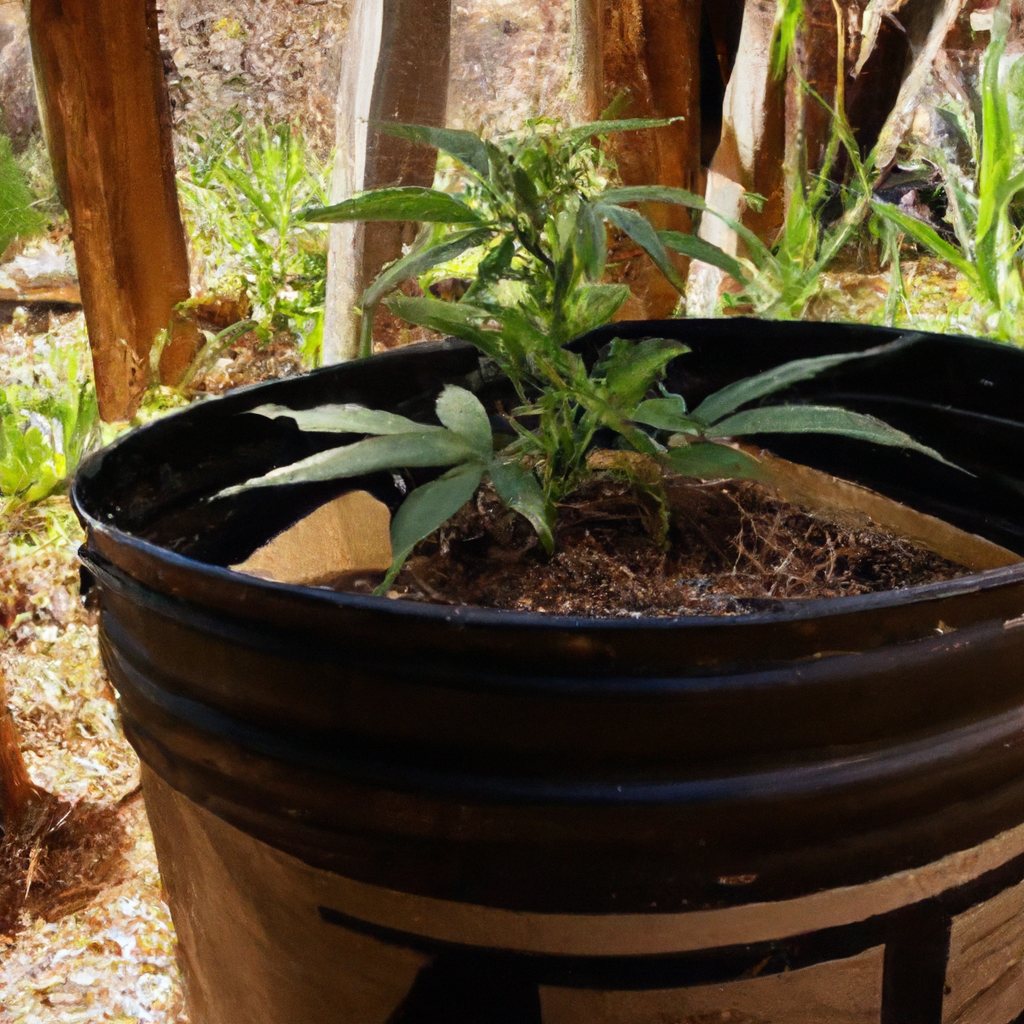
With the rising demand for environmentally friendly cannabis, more cultivators are adopting organic growing practices. This approach ensures sustainability and enhances cannabis quality and potency. Key methods include building healthy soil through composting and cover crops, using natural fertilizers like fish emulsion and bone meal, and implementing eco-friendly pest control with beneficial insects and neem…
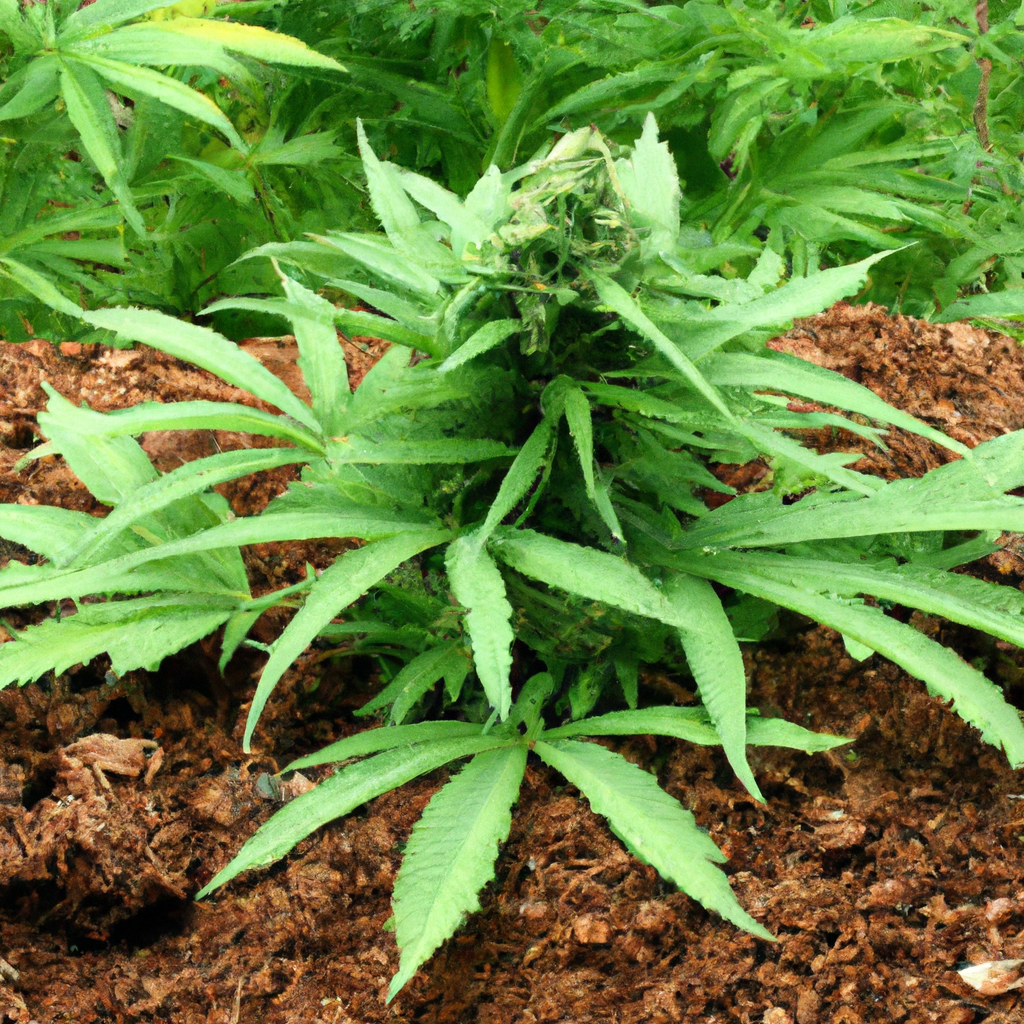
In the world of cannabis cultivation, focusing on sustainability is essential for fostering healthier plants and a balanced ecosystem. Key practices include using organic soil amendments like compost and worm castings to boost soil quality, implementing companion planting to enrich biodiversity and deter pests, and employing water conservation techniques such as drip irrigation and rainwater…
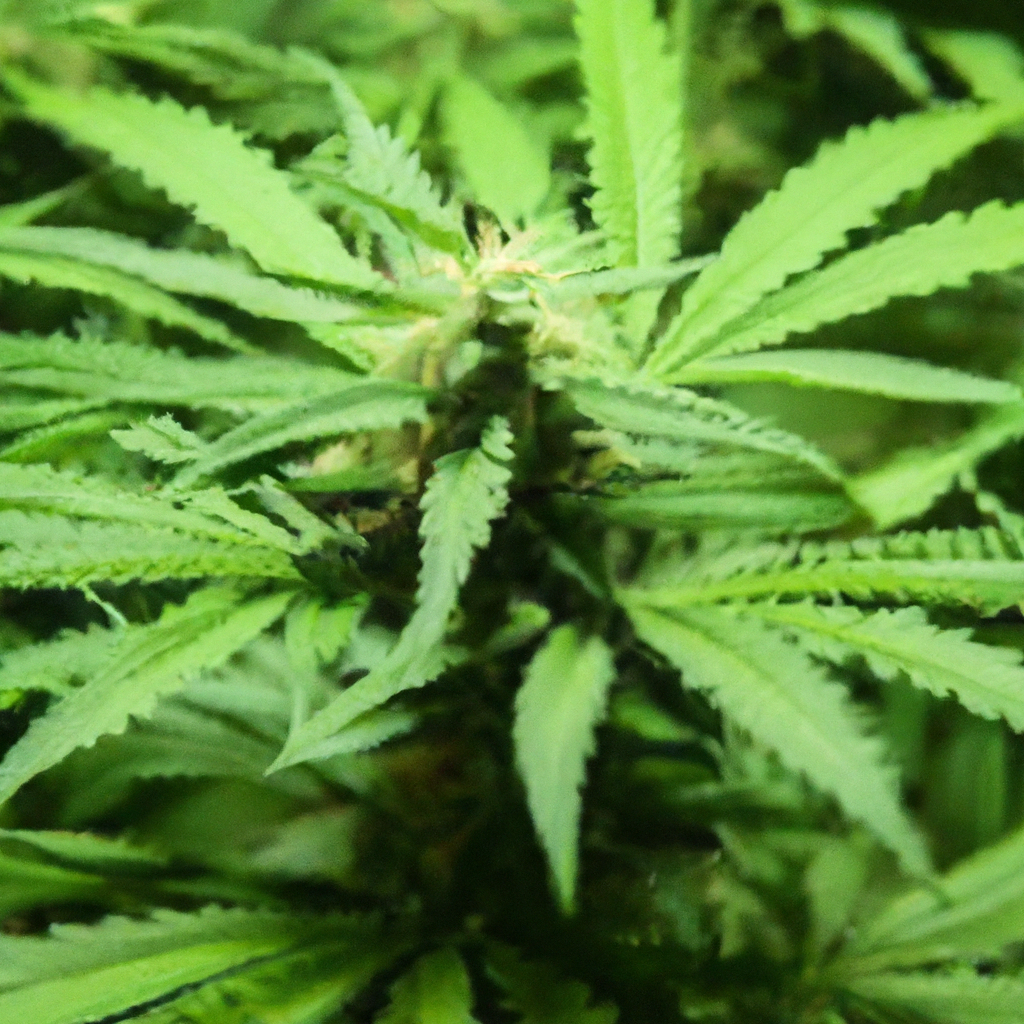
Growing cannabis successfully involves effective plant monitoring, which is vital for optimizing health, maximizing yields, and tackling growth challenges. Key activities include regular visual inspections for disease and pests, environmental monitoring with tools like hygrometers and lux meters, and leaf and soil analysis to adjust nutrient levels. Incorporating technology, such as IoT sensors, plant monitoring…
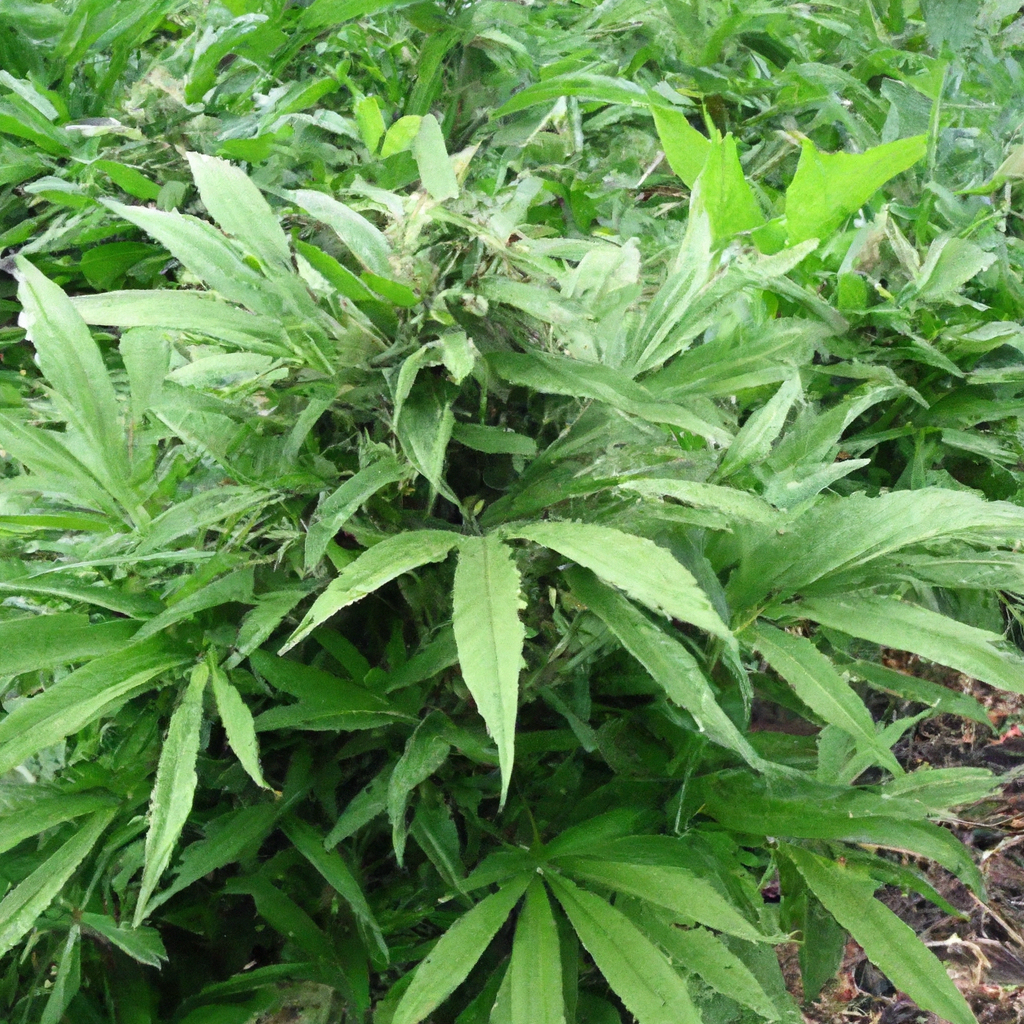
As cannabis demand increases, organic cultivation methods are favored for their environmental benefits and superior product quality. This guide emphasizes building healthy soil ecosystems with compost and mulching, using organic fertilizers such as fish emulsion and bone meal, and implementing natural pest control through companion planting and beneficial insects. Organic practices not only reduce chemical…
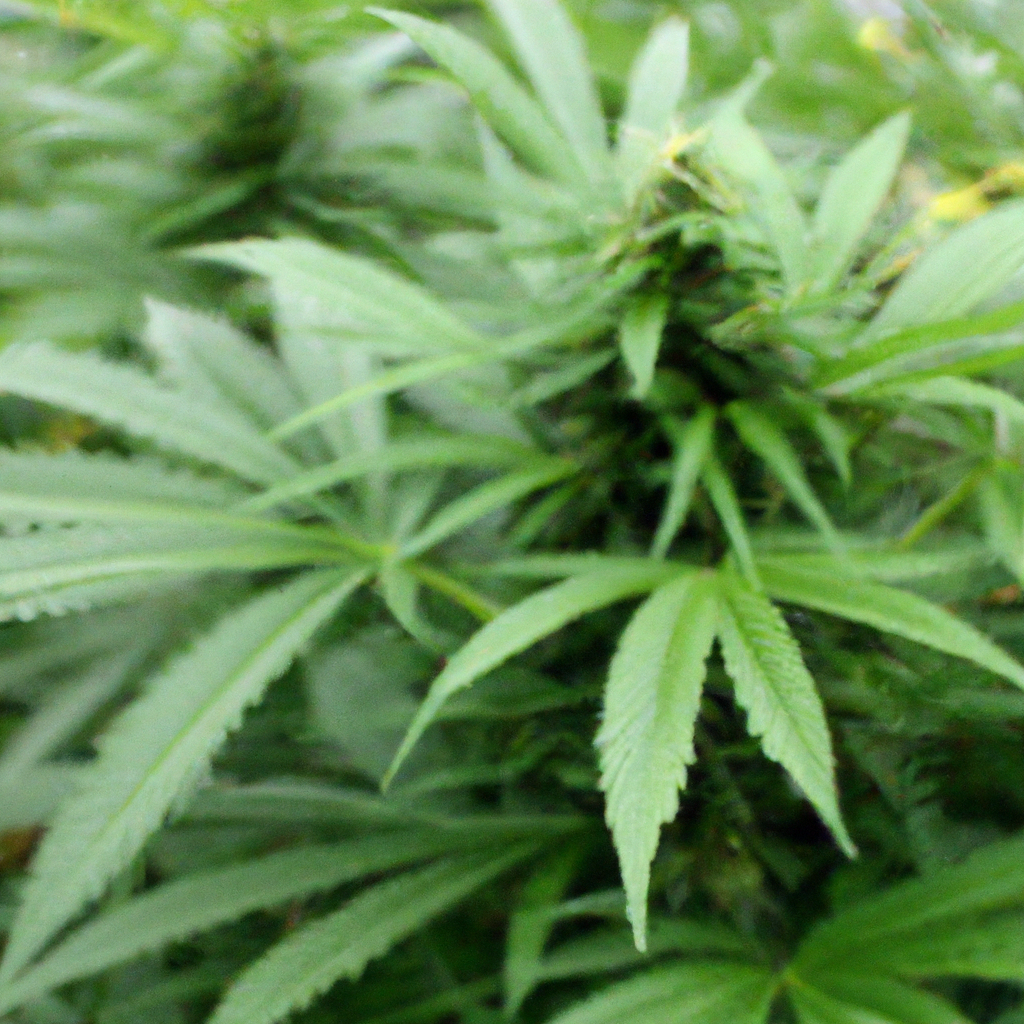
Embrace the sustainable and eco-friendly approach of organic cannabis cultivation by building healthy soil ecosystems, using natural fertilizers, and managing pests organically. Techniques like composting, companion planting, and mulching enhance soil health, while natural fertilizers such as fish emulsion and bone meal support robust plant growth. Organic pest control methods, including beneficial insects and neem…
